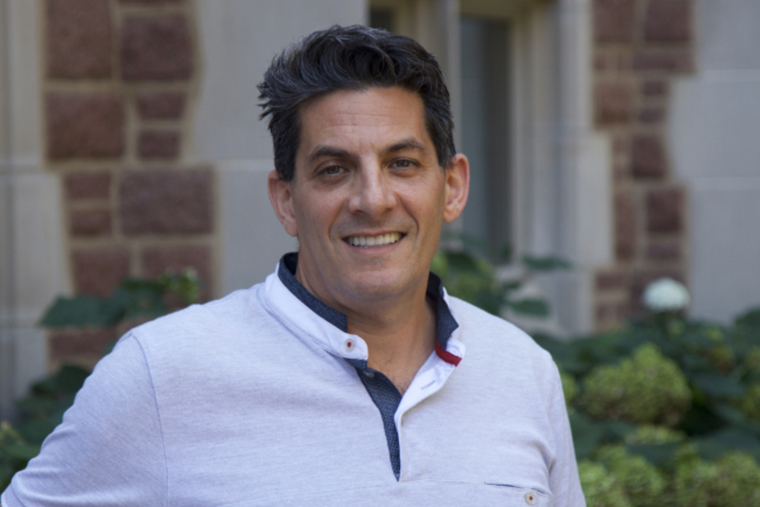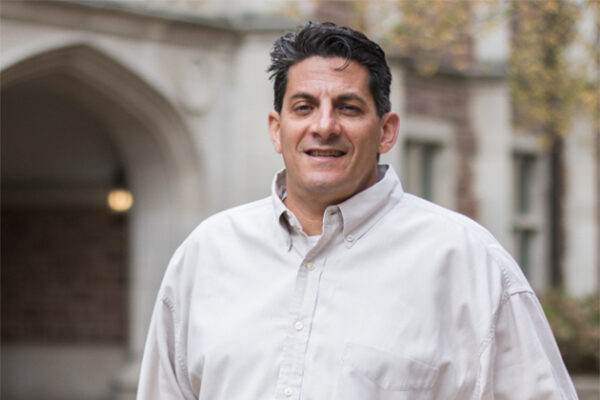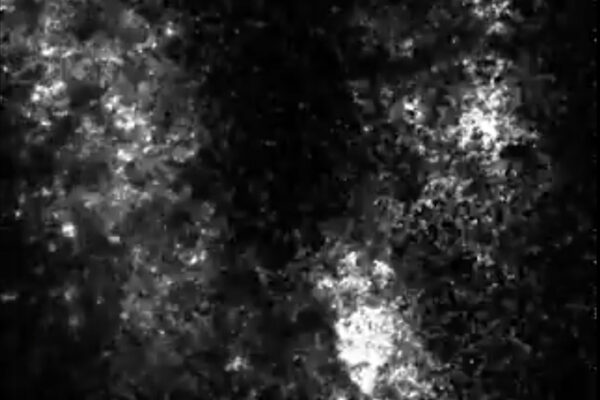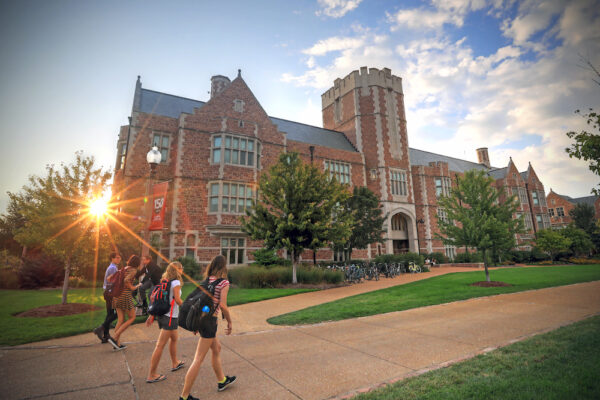A multi-institutional research project led by Todd Braver, a professor of psychological and brain sciences in Arts & Sciences at Washington University in St. Louis, received a Multidisciplinary University Research Initiative (MURI) award from the U.S. Department of Defense to study attention control and strategies to improve it.

The project — “A computational cognitive neuroscience framework for attentional control traits and states (CCN-FACTS)” — is expected to span five years with a total budget of about $8.8 million, of which WashU will receive up to $2.5 million.
In addition to Braver, the U.S. research team includes as core members Julie Bugg and Wouter Kool from WashU’s Department of Psychological and Brain Sciences; David Badre and Michael Frank from Brown University; Mark Steyvers and Jeffrey Rouder from the University of California, Irvine; and Susanne Jaeggi and Aaron Seitz from Northeastern University. The project also features a close collaborative partnership with a parallel team of researchers from Australia, led by Andrew Heathcote at Newcastle University.
Over the next five years, the research team will develop neurocomputational models of both individual differences and state-related fluctuations in attention control due to factors such as motivation, stress and mind-wandering. They will test the models using multi-modal neuroimaging methods, including functional MRI and EEG. They will also develop novel tasks to investigate attention control in both laboratory and real-world complex environments.
“A major goal of the project will be to harness the modeling and task development efforts to implement and evaluate new training strategies for enhancement of attention control,” Braver said. “Such strategies will be useful in enabling individuals to maintain high levels of focus and concentration even in high-pressure situations, such as those faced by military personnel.”
The MURI program supports research in areas of critical importance to national defense and brings together researchers from multiple universities to collaborate on projects that are expected to bring significant advances in science and technology. Altogether, 31 projects received $220 million in awards this year.


